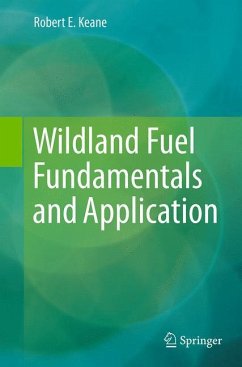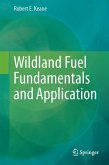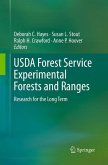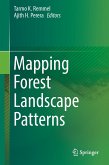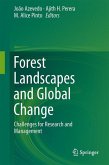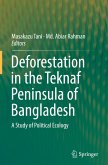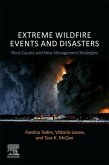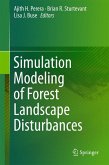A new era in wildland fuel sciences is now evolving in such a way that fire scientists and managers need a comprehensive understanding of fuels ecology and science to fully understand fire effects and behavior on diverse ecosystem and landscape characteristics. This is a reference book on wildland fuel science; a book that describes fuels and their application in land management. There has never been a comprehensive book on wildland fuels; most wildland fuel information was put into wildland fire science and management books as separate chapters and sections. This book is the first to highlight wildland fuels and treat them as a natural resource rather than a fire behavior input. Moreover, there has never been a comprehensive description of fuels and their ecology, measurement, and description under one reference; most wildland fuel information is scattered across diverse and unrelated venues from combustion science to fire ecology to carbon dynamics. The literature and data for wildland fuel science has never been synthesized into one reference; most studies were done for diverse and unique objectives. This book is the first to link the disparate fields of ecology, wildland fire, and carbon to describe fuel science. This just deals with the science and ecology of wildland fuels, not fuels management. However, since expensive fuel treatments are being planned in fire dominated landscapes across the world to minimize fire damage to people, property and ecosystems, it is incredibly important that people understand wildland fuels to develop more effective fuel management activities.
"Keane (USDA Forest Service) covers the whats and whys of fuels-the biomass consumed by wildland fire. ... The clear, comprehensive text is liberally illustrated with line drawings and photos, tables, and charts. Destined to be a classic. Summing Up: Essential. Lower-division undergraduates and above." (E. J. Delaney, Choice, Vol. 52 (10), June, 2015)

